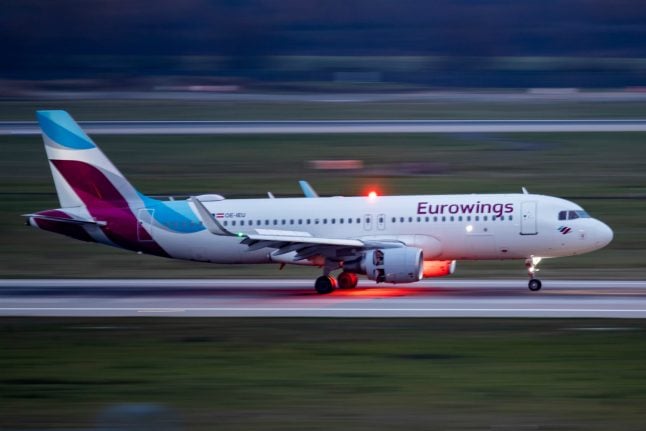While the customers had been informed in advance, the ticket counters were still staffed with more employees than usual for security reasons.
“The situation in the terminal is calm”, said an airport spokeswoman.
Eurowings advised passengers to arrive at the airport in advance, as there could be delays at check-in and in the security area.
In the wage dispute with the airline, the Verdi union had called on the cabin crews of the airlines Eurowings and LGW to go on a warning strike from 4:30 a.m. to 12:30 noon. Verdi spokesman Volker Nüsse said there had already been a good turnout early on Tuesday morning. “We are very determined and combative.”
According to the union, Eurowings employs 500 of the more than 1000 cabin workers at its main location in Düsseldorf. The aviation company Walter (LGW) has been an operational unit of Eurowings since it was purchased by Lufthansa in October 2017. The strikes also affect LGW.
Passengers should inform themselves in advance at www.eurowings.com, by logging on to the Eurowings app or via the airline’s hotline (+49 180 6 320 320) about whether their flight is taking place.
In a press release, however, the airline had stressed that it was “able to carry out the vast majority of its flights in Düsseldorf.” Other locations are therefore not affected.
The action is happening because of the refusal by employers to meet employees' calls in the current collective bargaining, the union Verdi explained. Among other things, it demands reliable staff rosters, better working and standby times, and a strong workers’ council.
Eurowings contradicts collective agreements, the union has complained, with service shifts lasting longer than they legally should.
Eurowings, for its part, condemned the union's actions. The call for a strike was made despite the fact that the airline had already arranged the next meetings with Verdi. “This behaviour is no longer comprehensible to anyone,” the company said.
The negotiations with LGW are about an employment guarantee and the salaries of about 350 flight attendants. Verdi criticizes the company for refusing further negotiations.
At the end of October, negotiations on a severance scheme for around 200 flight attendants at Berlin-Tegel failed. The former Air Berlin subsidiary LGW plans to close the station next year.



 Please whitelist us to continue reading.
Please whitelist us to continue reading.
Member comments